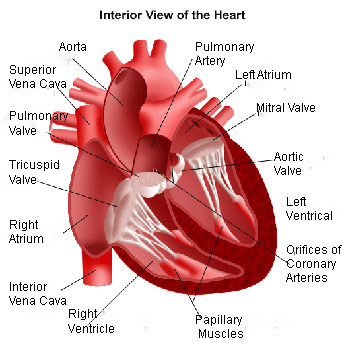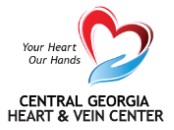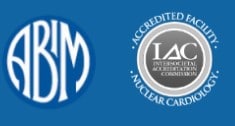What Is Structural Heart Disease?
Structural Heart Disease is an abnormality of the heart that does not have an effect on the blood vessels in the heart. In other words, it’s a non-coronary disease that is caused by a structural defect rather than an artery or vein issue. Structural heart conditions are usually congenital and are present since birth. However, some can form later in life due to aging, infections, or another disease.
At Central Georgia Heart Center, we have a diverse team of interventional cardiology specialists that focus on managing congenital or later-developed structural heart disease.
How Do I Know If I Should Be Screened For Structural Heart Disease?
Most patients are aware of their congenital heart conditions but that does not mean symptoms cannot develop later. In both acquired and congenital heart defects, the severity of symptoms can vary. Here are some common indicators that it’s time to book a cardiology appointment.
- TIA or a Mini-Stroke
- Frequent migraines
- Irregular Heart Beat
- Shortness of Breath That Makes Physical Activity Difficult
- Unexplained Chest Pains
- High Blood Pressure
- CAD (Coronary Artery Disease)
- Leg Cramps
- Frequent Exhaustion
All the symptoms above could indicate structural heart disease or another cardiac condition. If you are experiencing any or multiple of the above, it is important to seek a cardiac evaluation.
A Few Common Structural Heart Defects

Ventricular Septal Defect (VSD)
This is an opening in the intraventricular septum which is the wall between the lower chambers of your heart. While a VSD is most often congenital, it is also common after a heart attack.
Atrial Septal Defect
This is a congenital defect that leaves a hole between the upper chambers of your heart. This can cause oxygen-rich blood to mix with oxygen-poor blood leading to poor oxygen distribution in the body.
Arterial Venous Fistulae
This is when an artery and a vein have a poor connection that results in fistulae. Blood flow is interrupted. Fistulas can range in size and severity. Small fistulae are often treated with physical therapy. Larger fistulae can be closed with a vascular plug through catheterization, a process where a thin tube is guided to the heart through a blood vessel and is used to place the plug.
Other Types of Structural Heart Disease
- Closure of Holes in the Heart (ASD and PFO)
- Normal Heart & Heart with Ventricular Septal Defect
- Narrowed Valves





